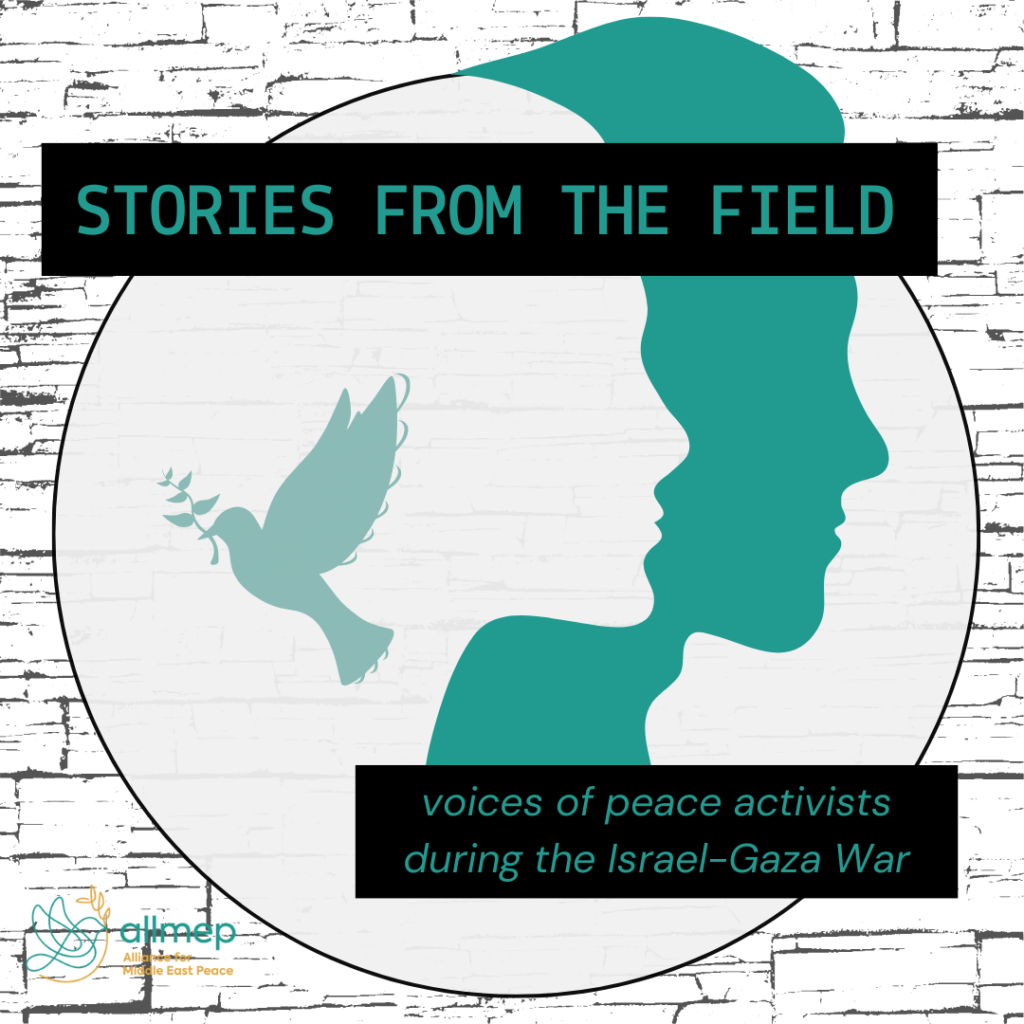

Wasim Almasri’s family home in Beit Hanoun, a town in the northeastern corner of Gaza, no longer exists. Neither do the homes of most of his aunts, uncles and cousins, all of them flattened by Israeli airstrikes in the wake of October 7. A cousin recently sent him a video of the neighborhood, but there was nothing to see. The places he once rode his bike had been leveled to dust and rubble. Fifteen of Wasim’s family members are among those killed in Gaza, and others are scattered and homeless.
“Many of them are missing, many that we haven’t heard from and we can’t get in contact with,” says Wasim who is Director of Programs for the Alliance for Middle East Peace, or ALLMEP, an umbrella organization of over 160 groups that work to foster Israeli-Palestinian reconciliation. “The amount of human suffering is unimaginable. It’s beyond anything I’ve seen.”
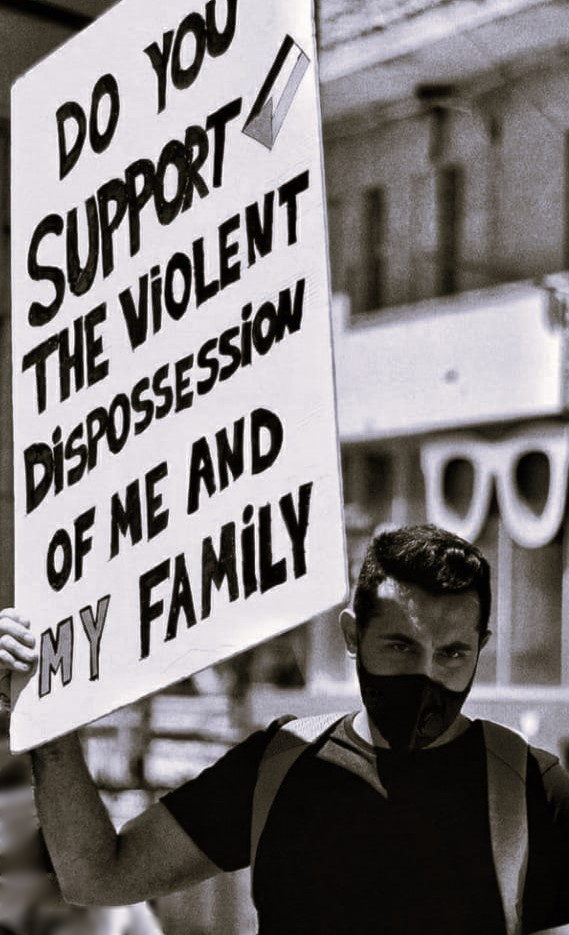
When Wasim first heard about the Hamas assault on October 7, he understood instantly that the fallout would be devastating for both Israelis and Palestinians, and could well send Gaza back, as he put it, to the “stone age”. At the same time, he understood the peace movement would face extraordinary challenges.
“We try to help them (peacebuilders) see some sort of the light at the end of the tunnel,” he says of his work with ALLMEP members.
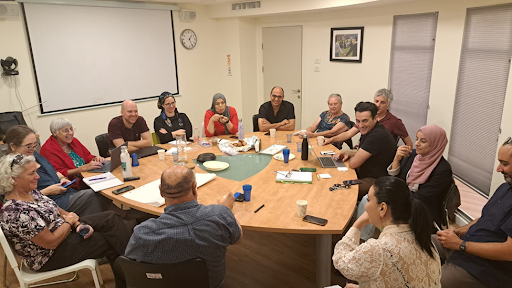
Community, like the one that his organization helps to cultivate among their members, is key to fighting the sense of helplessness many of them are facing, he says: “You need this community to feel that you have a higher cause, something that you can hold on to.”
A large part of Wasim’s work since the war began has been holding conversations and dialogues with Palestinian member organizations of ALLMEP. Most cross-border conversations between Israeli and Palestinian member organizations have stopped as both regroup.
“There’s a lot of work that needs to be done internally by nationality,” says Wasim, including how to proceed, not just during the war, but how to plan for its aftermath.
“There is much work to be done on this front, rebuilding these communities, trying to rebuild trust between both of our communities, and to draw a sort of a timeline to what needs to be done as a civil society in Palestine and in Israel, I think that’s the focus right now,” he says. Wasim’s conversations with other Palestinian activists have moved him personally during such a bleak time.
“They understand we need to end this because this is the right thing to do, not because it’s a benefit to one side over the other… I really appreciate this human decency, especially in times of war and inspired me to continue,” says Wasim.
Part of the conversation has been a focus on engaging not only on a grassroots level, but also working together as Palestinians toward a political solution. These conversations can be extremely difficult at times, as not everyone agrees on one political vision.
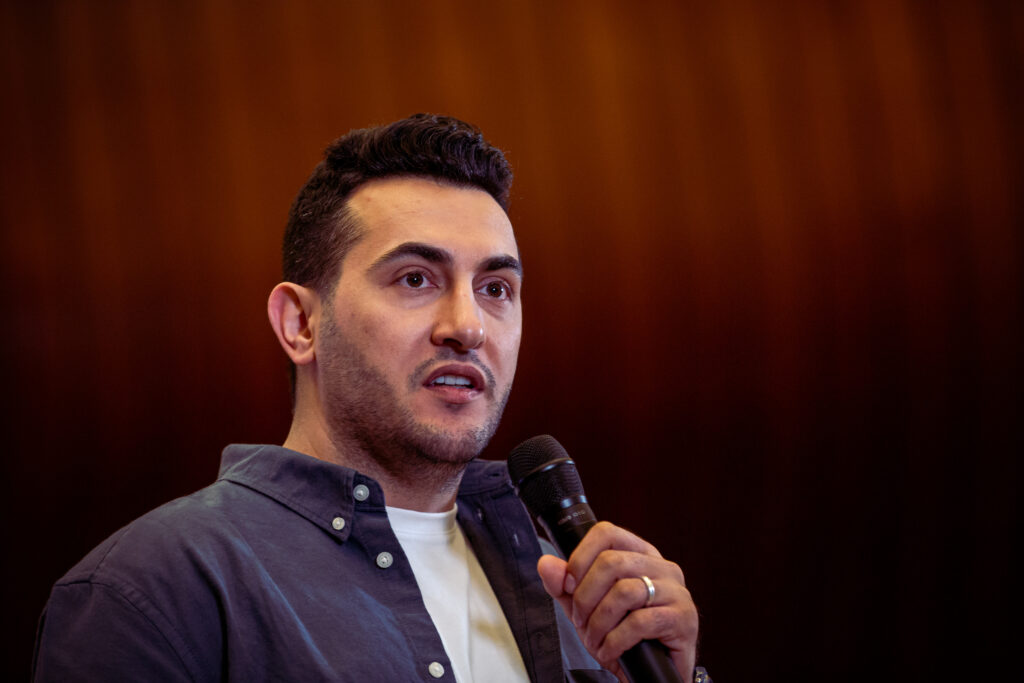
In the early days of the war, Wasim was also working on helping the thousands of Palestinian workers from Gaza who had been in Israel with work permits as laborers, but were now caught in limbo and stranded, housed in emergency shelters that had to quickly be established in the West Bank. While delivering mattresses to a Ramallah school, turned into an emergency shelter, Wasim even ran into five of his cousins from Gaza.
One ALLMEP member organization, EcoPeace, was helping build a database of the workers’ whereabouts with the help of other organizations. Wasim supported this effort. He was grateful to be able to focus on a goal that supported the people of Gaza.
Wasim is devastated by the loss of life wrought on and since October 7, and that it has taken such unprecedented violence to capture the world’s attention. Still, he says: “Now that people understand that there’s work that needs to be done, maybe they will take into consideration the loss of hope and potential for the lives of people who died in Palestine and in Israel and move toward a political solution.”
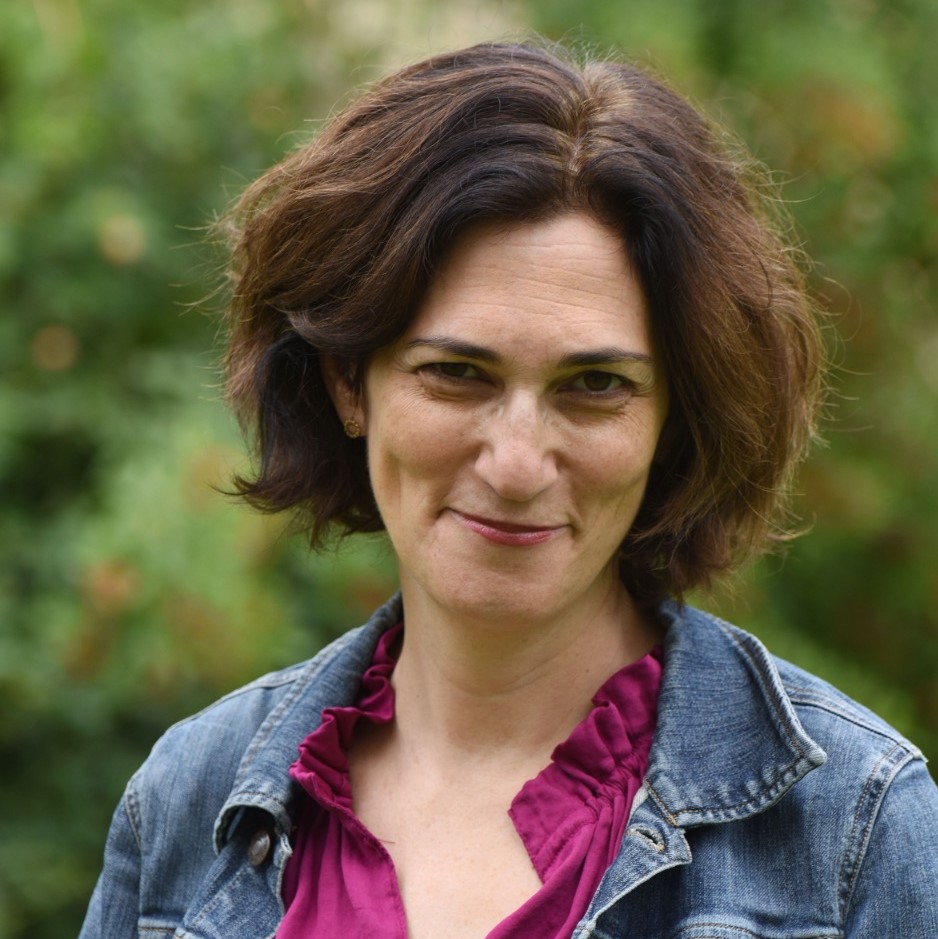
Dina Kraft is a writer and journalist based in Tel Aviv. She is the Opinion Editor for Haaretz English and co-author of My Friend Anne Frank. She has written from the region for over two decades for The New York Times, The Christian Science Monitor and The Los Angeles Times, reporting on Israeli and Palestinian politics, culture and society.
Dina is drawn to stories featuring unlikely connections, dual narratives and the impact of conflict and crisis on ordinary lives. She hosts the podcast “Groundwork” and previously “The Branch”, which tell the stories of relationships between Jews and Arabs, Israelis and Palestinians.
Dina is a long-time foreign correspondent who began her overseas career in the Jerusalem bureau of The Associated Press. She was later posted to AP’s Johannesburg bureau where she covered southern Africa. She’s also reported from Senegal, Kenya, Pakistan, Jordan, Tunisia, Russia, and Ukraine